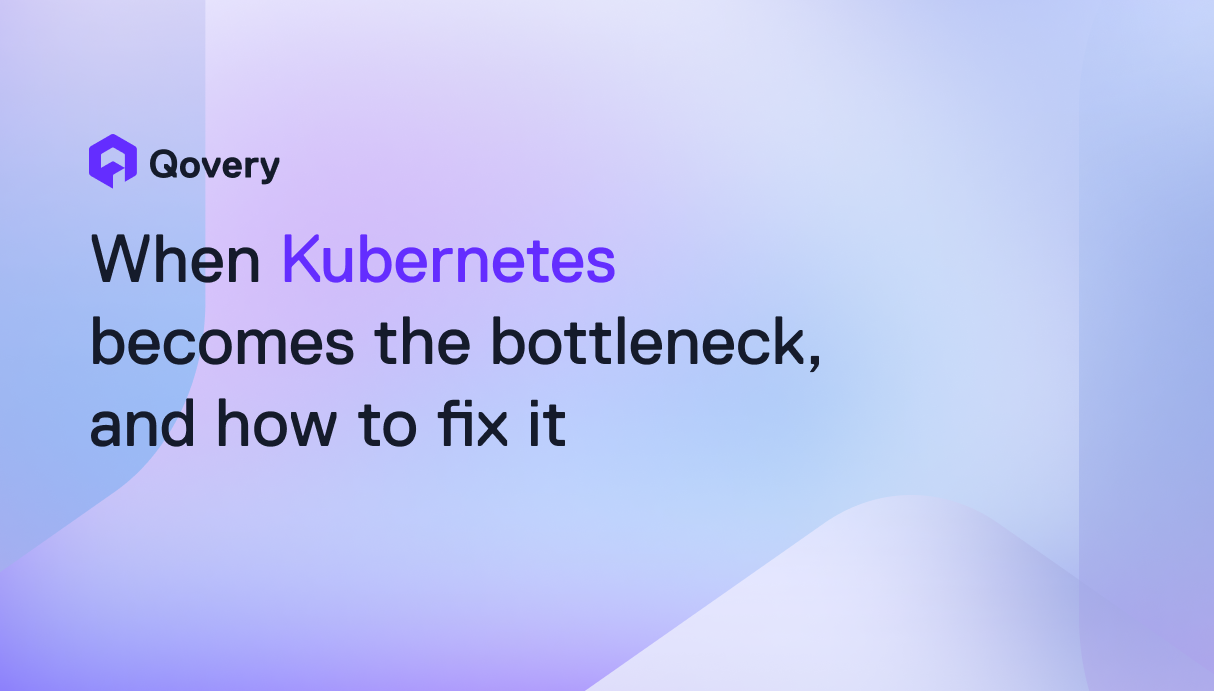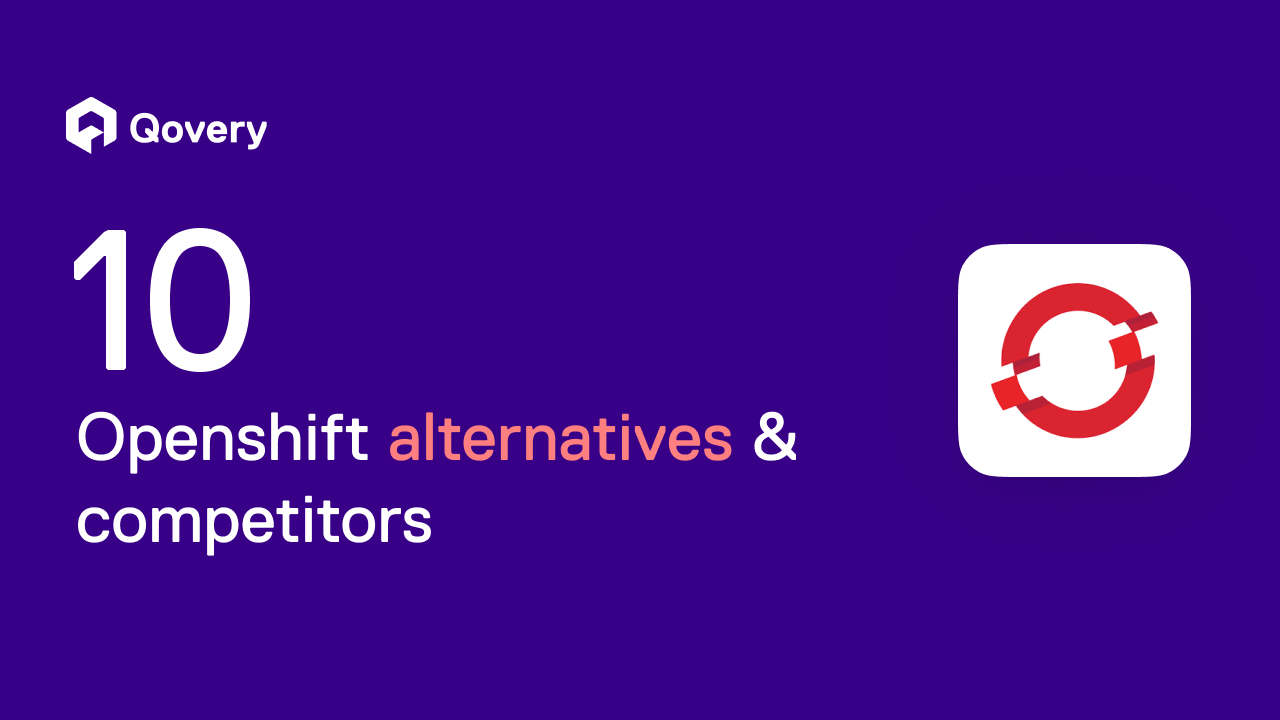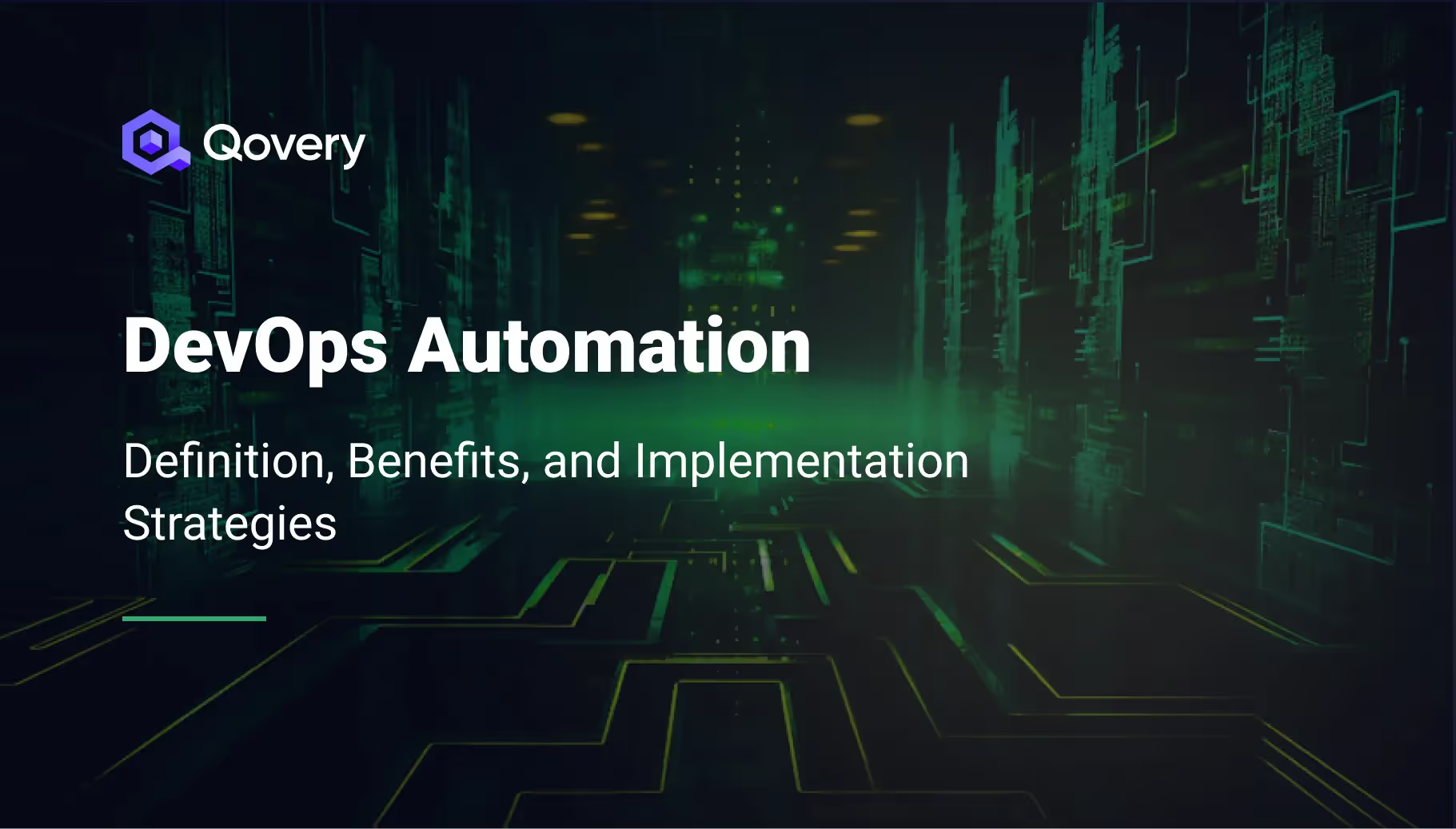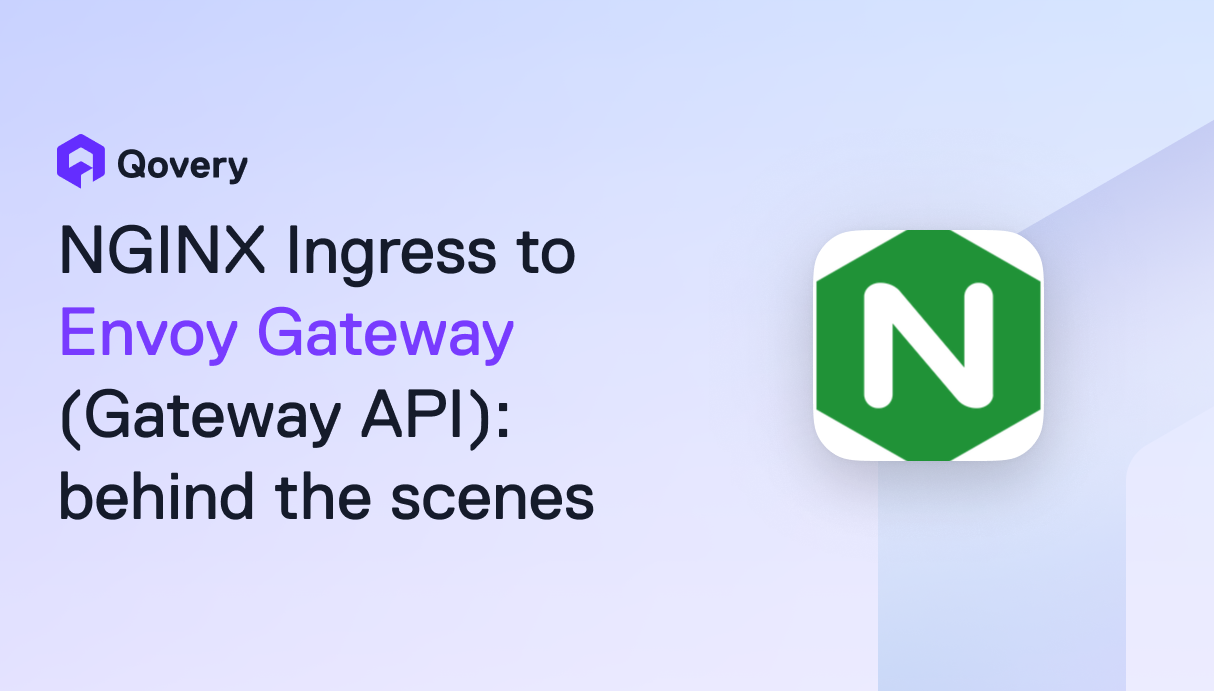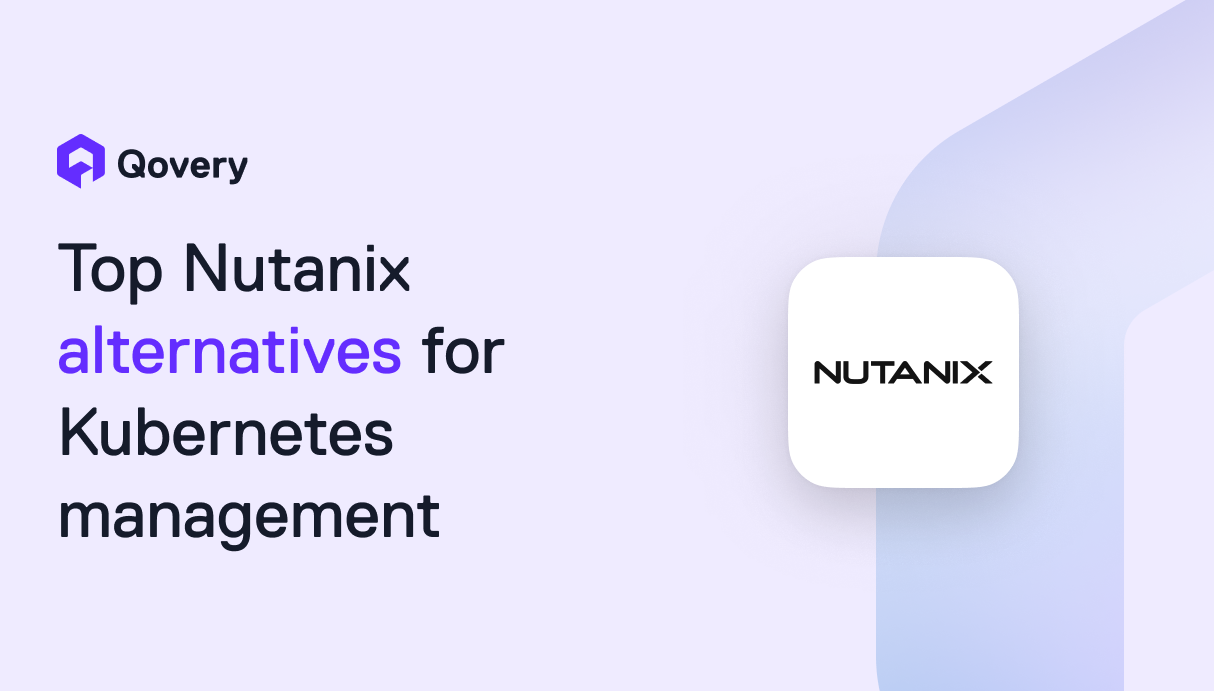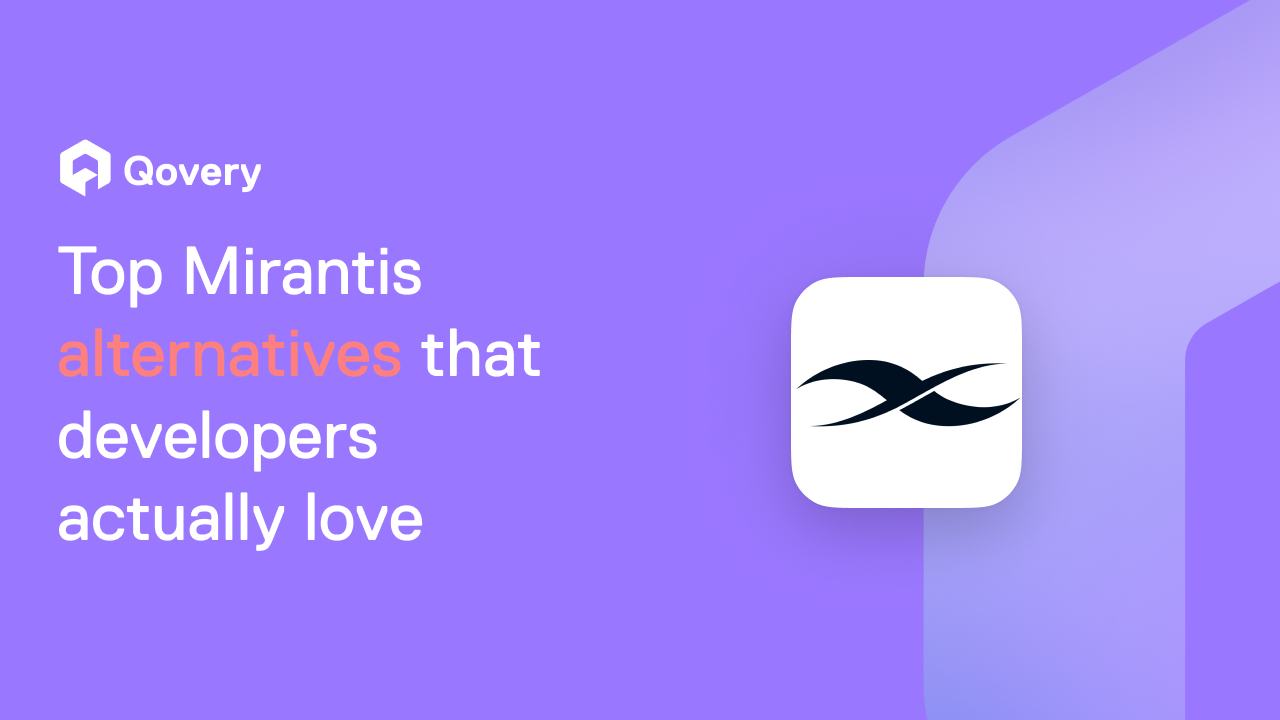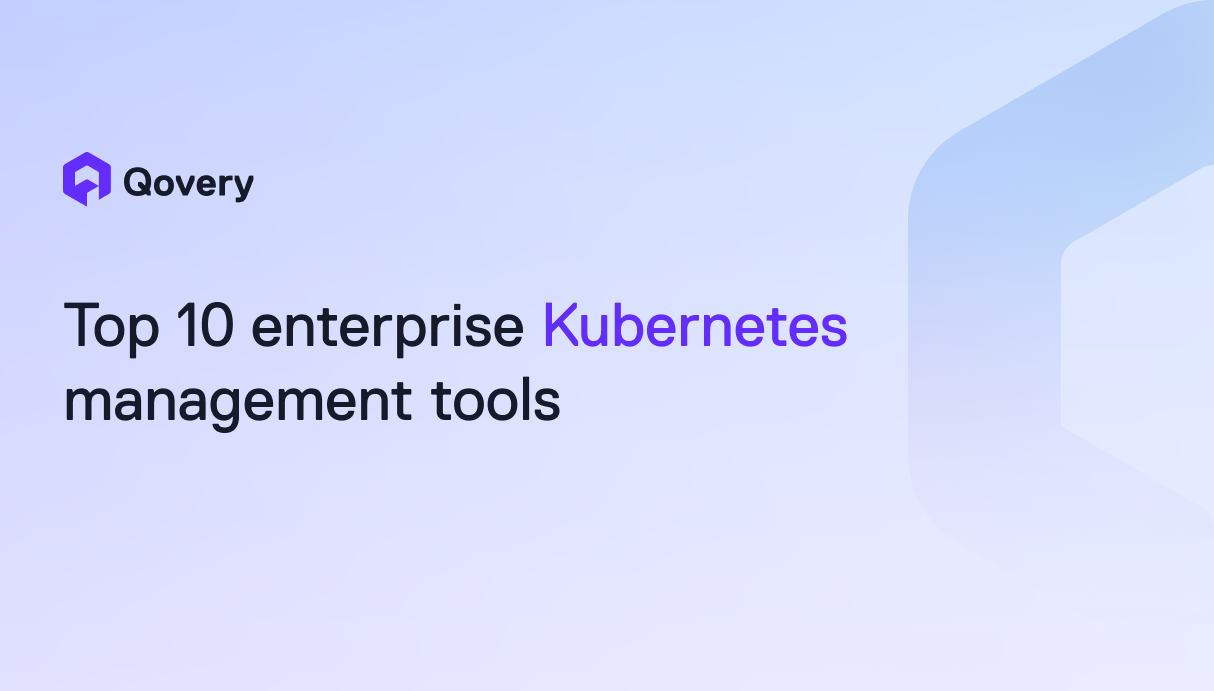

Kubernetes: Managed by Qovery vs. Self-Managed with Qovery (BYOK)

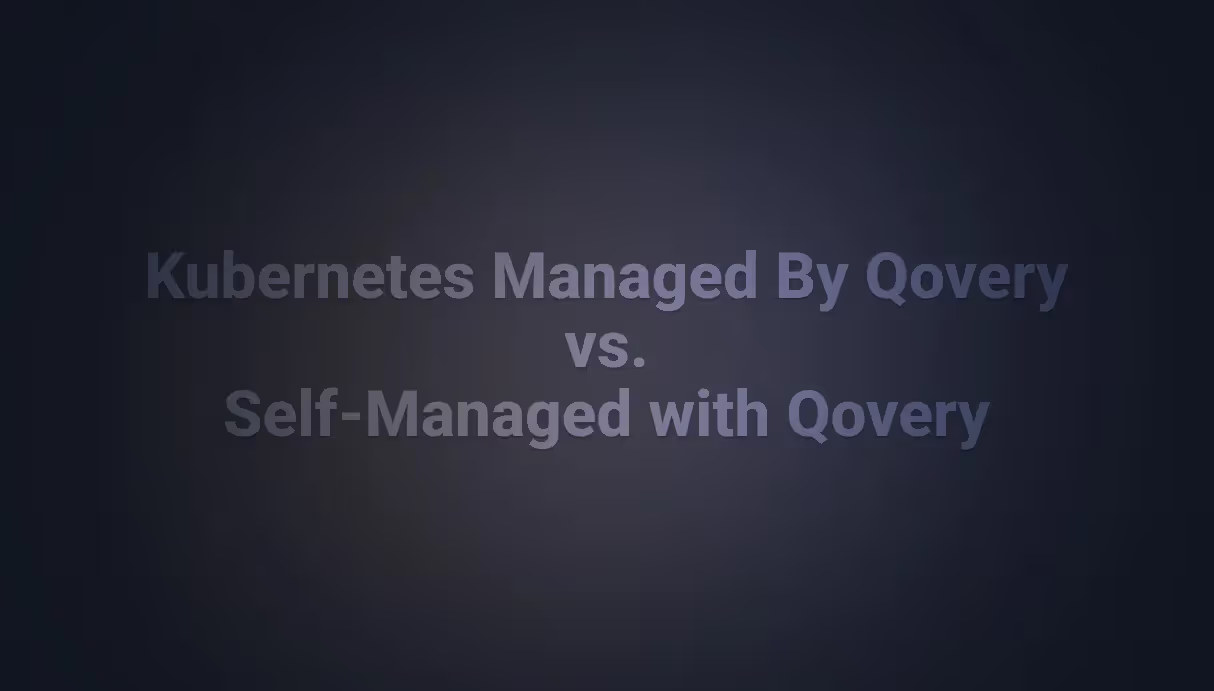

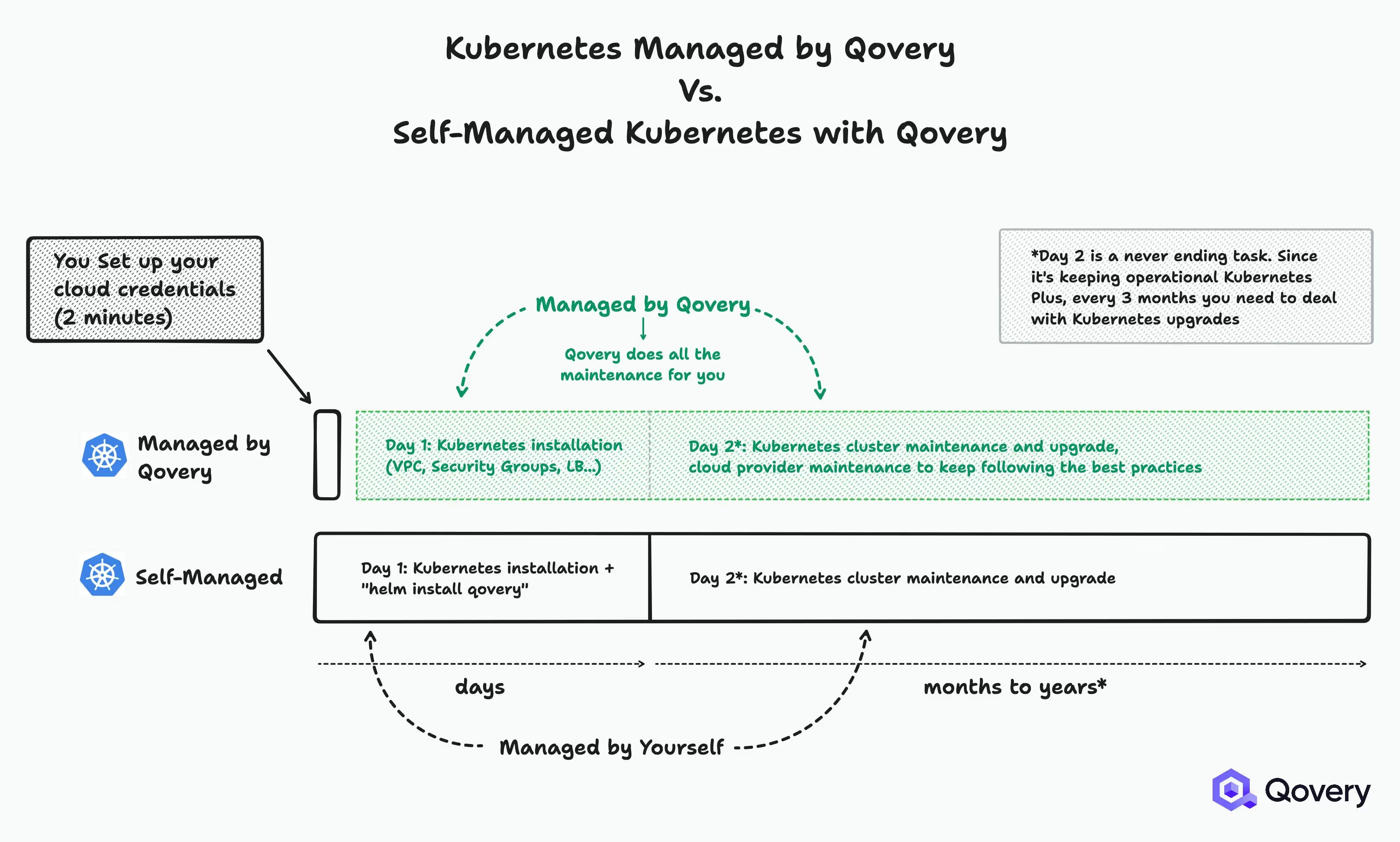
Kubernetes Managed by Qovery
When Qovery manages Kubernetes, the entire setup, maintenance, and operation of the Kubernetes cluster are handled by Qovery. This service is designed for organizations seeking a hands-off approach, allowing developers to focus solely on deployment and application development.
Advantages
- Instantly ready: You can benefit from the Qovery experience right away. No set-up time. Qovery handles all the grunt work for you (VPC, Security Group, load balancers, etc.).
- Zero management: Qovery handles all aspects of Kubernetes management, including updates and security patches.
- Production-ready: Out-of-the-box dozens of services ready to be used (pod auto scaler, cluster autoscaler, nginx ingress, metrics server...).
Limitations
- Less control: Organizations have limited control over the Kubernetes cluster configuration and underlying infrastructure. Qovery makes a lot of choices for you - based on the industry's best practices. You can change some parameters (thanks to the advanced settings).
- Limited availability: Only Amazon Web Services (AWS), Google Cloud Platform (GCP) and Scaleway are available.
Self-Managed Kubernetes with Qovery (BYOK)
BYOK allows organizations to integrate their existing Kubernetes clusters with Qovery. This model is ideal for those who already have a Kubernetes setup and want to leverage Qovery's features.
Advantages
- Greater control: Full control over the Kubernetes cluster, including configurations, updates, and security.
- Customizability: Ability to tailor the Kubernetes environment to specific organizational needs.
- Qovery features: Access to Qovery's deployment, environment provisioning, and developer tools.
- Limitless availability: Regardless where your Kubernetes runs, you can benefit from Qovery.
Limitations
- Requires more expertise: Organizations must have the knowledge to manage and maintain their Kubernetes clusters.
- Additional responsibility: Managing security, updates, and maintenance of the cluster.
Similarities and Differences
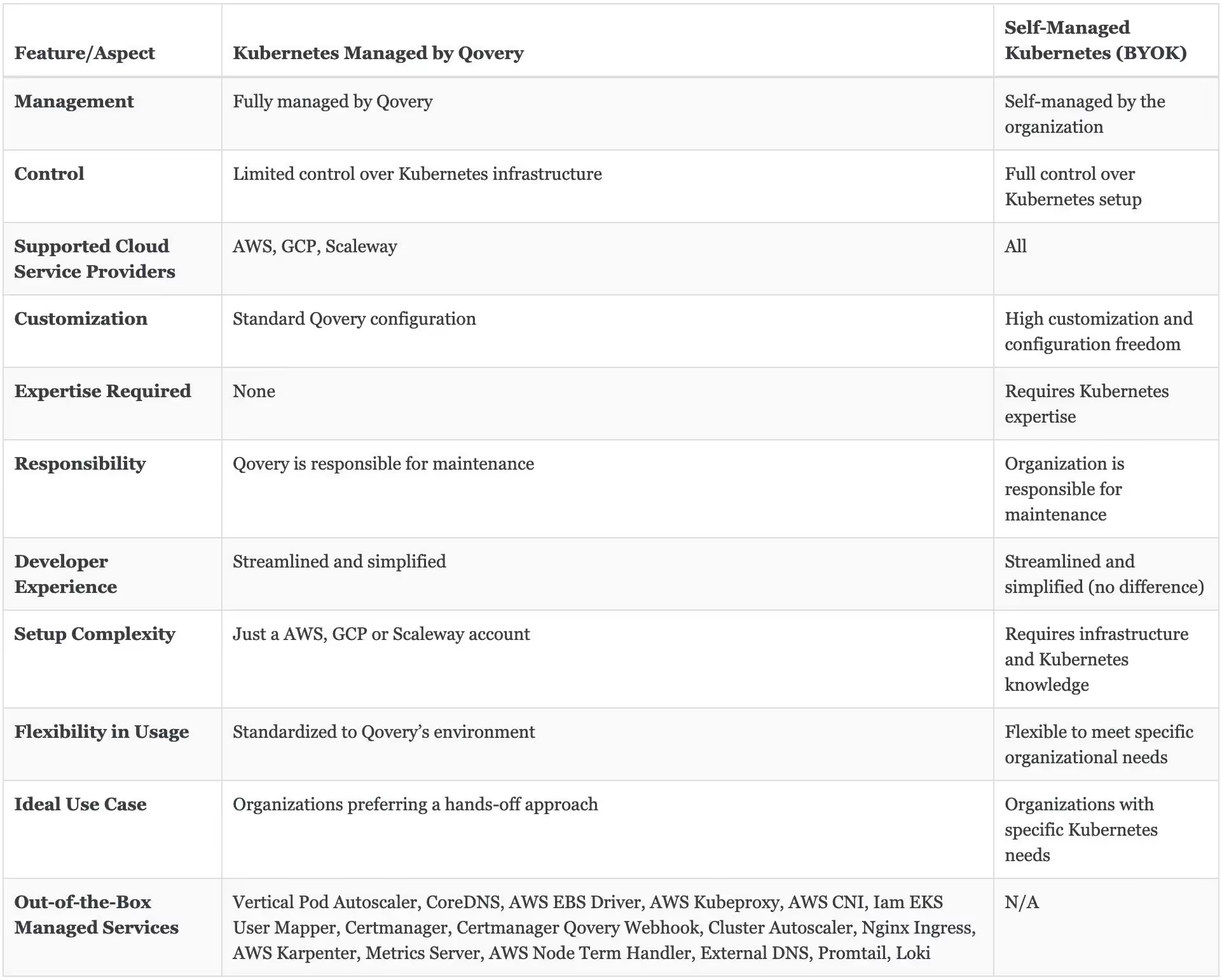
Both models offer an outstanding developer experience, seamless application deployment, and environment provisioning. The key difference lies in the degree of control and responsibility. Qovery-managed Kubernetes offers ease and simplicity, while BYOK provides customization and control.
Using Both Models in the Same Organization
Something that I wanted to highly is that it's possible to use both models (Self-Managed and Managed by Qovery) within the same Qovery organization, managing multiple clusters simultaneously. This flexibility allows organizations to cater to different project needs or stages, combining the benefits of both approaches.
When to Choose Managed By Qovery or BYOK
Choose Qovery-managed Kubernetes when:
- You prefer a hands-off approach to Kubernetes management.
- Your team lacks the expertise or resources to manage Kubernetes internally.
- You don't want to deal with Kubernetes at all :)
Choose BYOK when:
- You already have an established Kubernetes infrastructure.
- You require specific configurations and control over your Kubernetes environment.
- Your team has the expertise to manage Kubernetes clusters.
FAQ
Is it possible to transition from BYOK to Managed by Qovery?
Yes, it's absolutely possible to migrate your workload from Qovery BYOK to our managed offer. You simply need a cloud account on AWS, GCP or Scaleway.
Conclusion
Choosing between Kubernetes managed by Qovery and BYOK depends on your specific needs, expertise, and resources. By understanding the similarities, differences, and ideal use cases of each model, organizations can make informed decisions that best support their development goals. In a nutshell, choose:
- Kubernetes Managed by Qovery if you don't want to bother managing your Kubernetes.
- BYOK if you have an existing Kubernetes cluster or want to keep the full control of it.

Suggested articles
.webp)



.svg)
.svg)
.svg)
